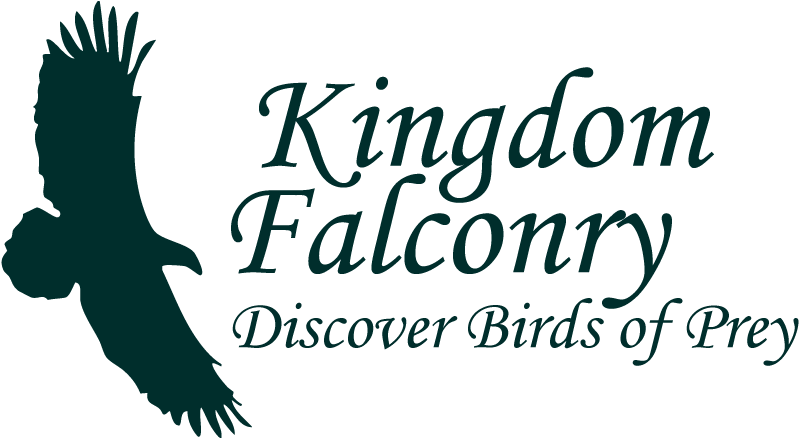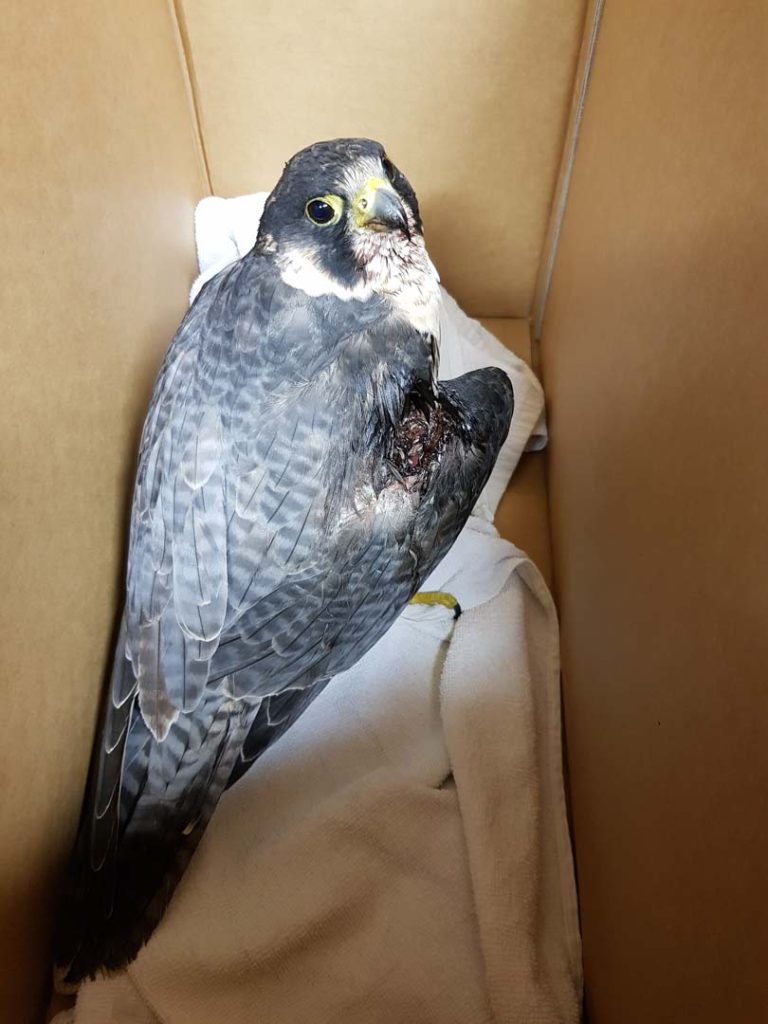Giving Ireland’s Raptors
Every year, we rescue and rehabilitate birds of prey injured by human
activity. With expert care and compassion, we help them heal, recover, and—
when possible—return to the wild.
Our Rehabilitation Efforts
Every year, many birds of prey are seriously injured or become ill due to human activities, modern agricultural practices, and our increasingly urbanised environment. Speeding traffic, barbed wire fences, wind turbines, pesticides, glass conservatories, power lines and transformers, and poisons can all seriously harm—and even kill—birds, including raptors.
We are dedicated to the rescue, rehabilitation, and release of injured and orphaned birds of prey. Our mission is to provide expert care for raptors such as hawks, owls, and falcons, helping them return to their natural habitats whenever possible.
Through compassionate medical treatment and specialised rehabilitation, we work to protect these vital predators and promote coexistence between wildlife and communities. For birds that cannot be released due to permanent injuries, we provide lifelong care or find forever homes. We also use their stories to educate the public about conservation and the challenges raptors face in the wild.
If you find an
Injured Bird
If you find an injured bird of prey, call us at 0870552313 or email info@kingdomfalconry.com or report it to your local wildlife ranger immediately (contact the National Parks and Wildlife Service). If possible, place the bird in a dark cardboard box with ventilation holes in the bottom. Do not place a raptor in a cage or pet carrier, as they may attempt to fly toward the light and cause further injury.
Exercise great caution when handling a wild bird of prey, as their talons are extremely sharp. You can place a rolled-up towel near the bird’s feet in the hope that it will grasp it; then, gently drop another towel over the bird and lift it carefully from behind. A local veterinarian with experience in avian care—or your local ranger—may be able to assist. Feel free to contact us for advice.

















 Splash
Splash